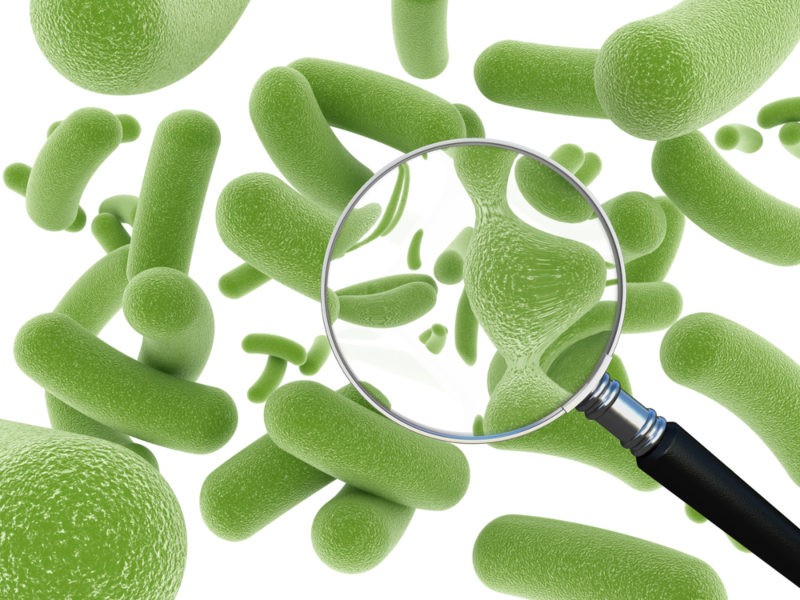Probiotics are defined by the Latin or Greek words pro, which means “before, forward,” and bios, which means “life.” Beneficial microorganisms are referred to as probiotics in this circumstance.
In our intestines, there are billions of beneficial microorganisms. You’d have over a quart of sludge if you extracted all of the bacteria that live in your body. The bacterial ecology of each individual may be as distinct as their fingerprints. probioticseverything.comprobiotic klaire labs
Friendly bacteria aid in the digestion of food and the absorption of nutrients. Many of the components of our meals are digested by bacteria, rather than by us.
Bacteria used in commercial probiotic products Lactobacillus and Bifidobacterium are the most common genera nowadays. probioticseverything.comprobiotic klaire labs
If you look for probiotics in a food or supplement, the label can say “Lactobacillus rhamnosus GG.” The genus is the first name that appears (Lactobacillus). The species within the genus is designated by the second name (rhamnosus). The specific strain within the species is identified by the third name or number that occurs (GG). probioticseverything.comprobiotic klaire labs
What are the benefits of probiotics?
To grasp why probiotics are so vital, we must first comprehend the importance of helpful bacteria to our health and the extent to which they are present in our bodies.
What are the functions of gut bacteria?
Good bacteria in our gut can supplant unfavorable bacteria, affecting our overall health, metabolism, digestion, and body composition. Gut bacteria have a role in immunity and help to keep our immune system from being irritated (think food sensitivities). probioticseverything.comprobiotic klaire labs
Bacteria in the gut also:
improve gastrointestinal motility and function by assisting in the synthesis of B and K vitamins
hinder the growth of “bad bacteria” and other infections by improving digestion and nutritional absorption
assist in the metabolization of other plant compounds/drugs
short-chain fatty acids (SCFAs) and polyamines are produced
Coagulation and growth factors are produced.
cytokines are produced (cell signaling molecules)
assist in the regulation of intestinal mucus secretion and ultilization assist in the regulation of blood flow to the viscera probioticseverything.comprobiotic klaire labs
In any case, how much is in there?
Consider the number of cells that make up your body. Isn’t it a zillion? Now multiply that by ten. That is the number of germs we have.
Our internal bacterial ecosystem is vibrant and complex. Bacteria are thought to be divided into over 50 genera, resulting in over 500 distinct species, according to scientists. There’s a party going on in our stomachs! probioticseverything.comprobiotic klaire labs
Some researchers even claim that our bacteria are like a separate organ — a “microbe organ” that is nearly as large and vital as the liver (if not more so). probioticseverything.comprobiotic klaire labs
Given the breadth of bacteria’s functions and the relevance of these beneficial bacteria to optimal physical functioning, it’s critical that we contribute to maintaining a healthy bacterial environment. probioticseverything.comprobiotic klaire labs
Probiotics can aid in replenishing and nourishing this healthy bacteria supply within the body.
Abdominal pain, gas, bloating, reflux, allergies, nausea, food poisoning, and vomiting can all be alleviated by taking enough probiotics. Irritable bowel syndrome (IBS), inflammatory bowel disease (IBD), and dermatitis may all benefit from probiotics. This indicates that they are anti-inflammatory. probioticseverything.com

